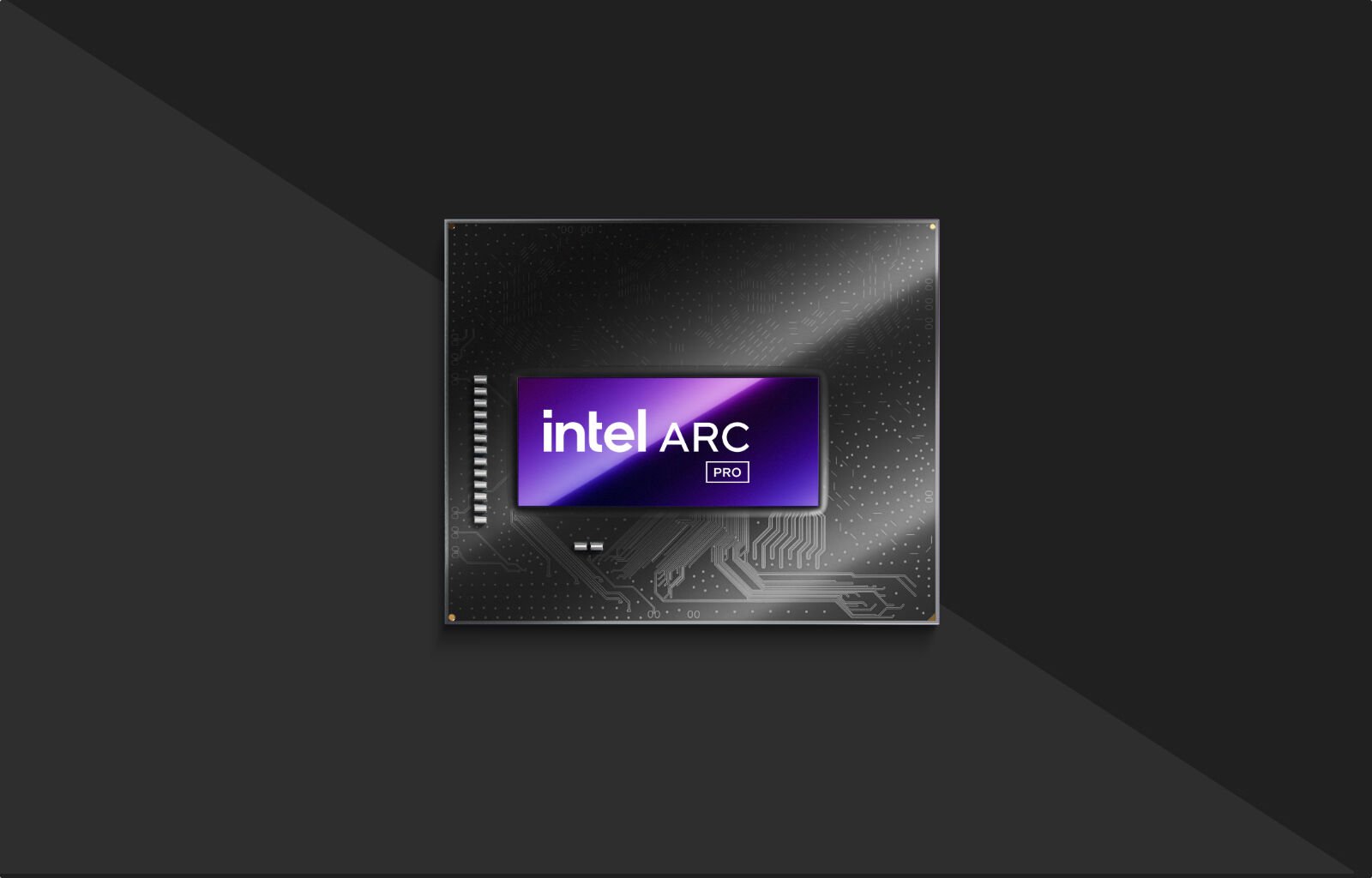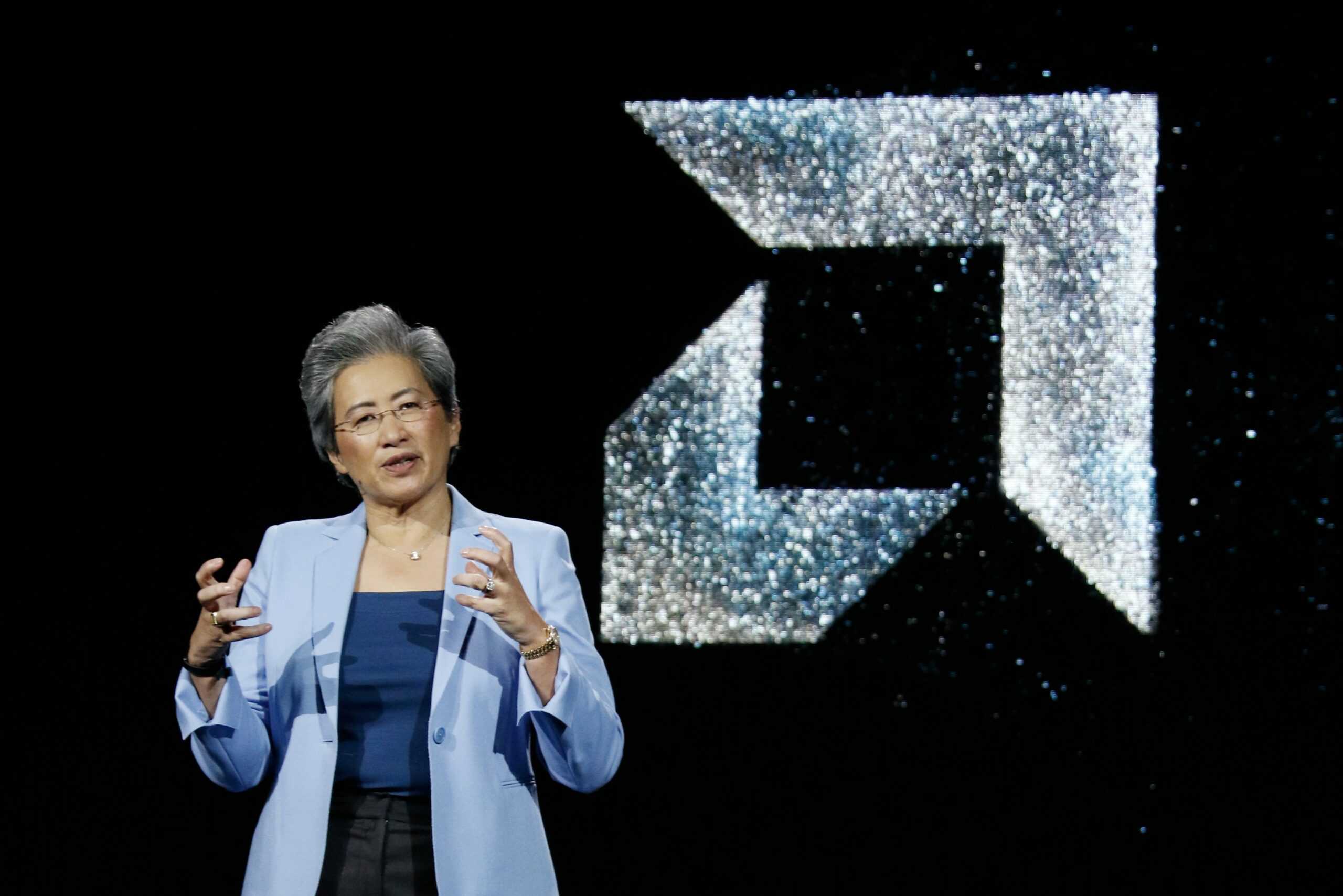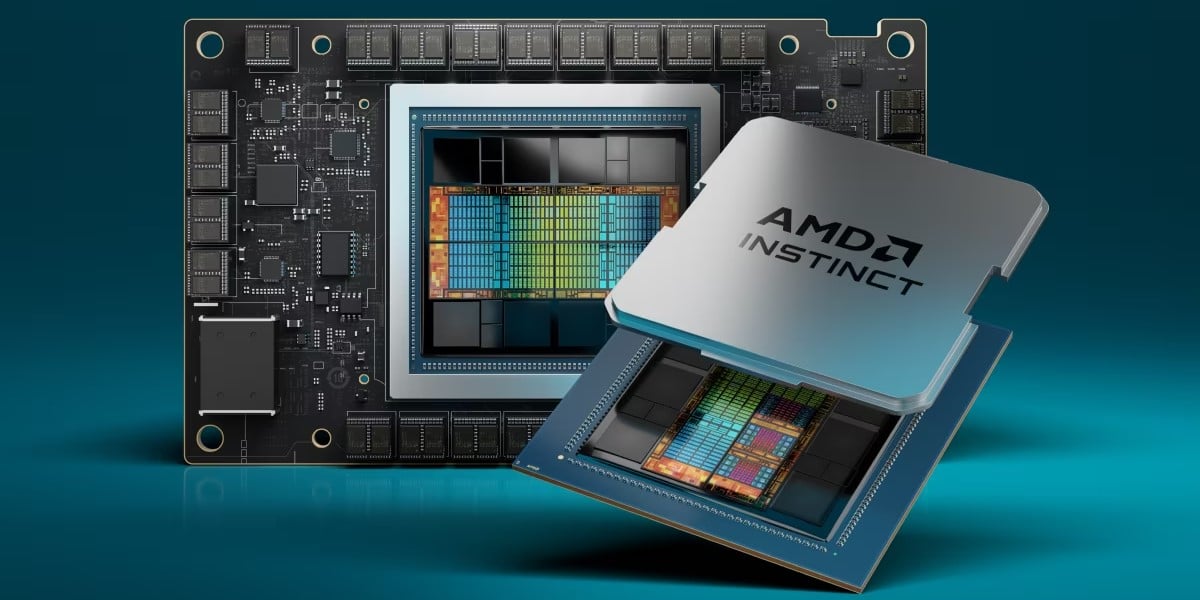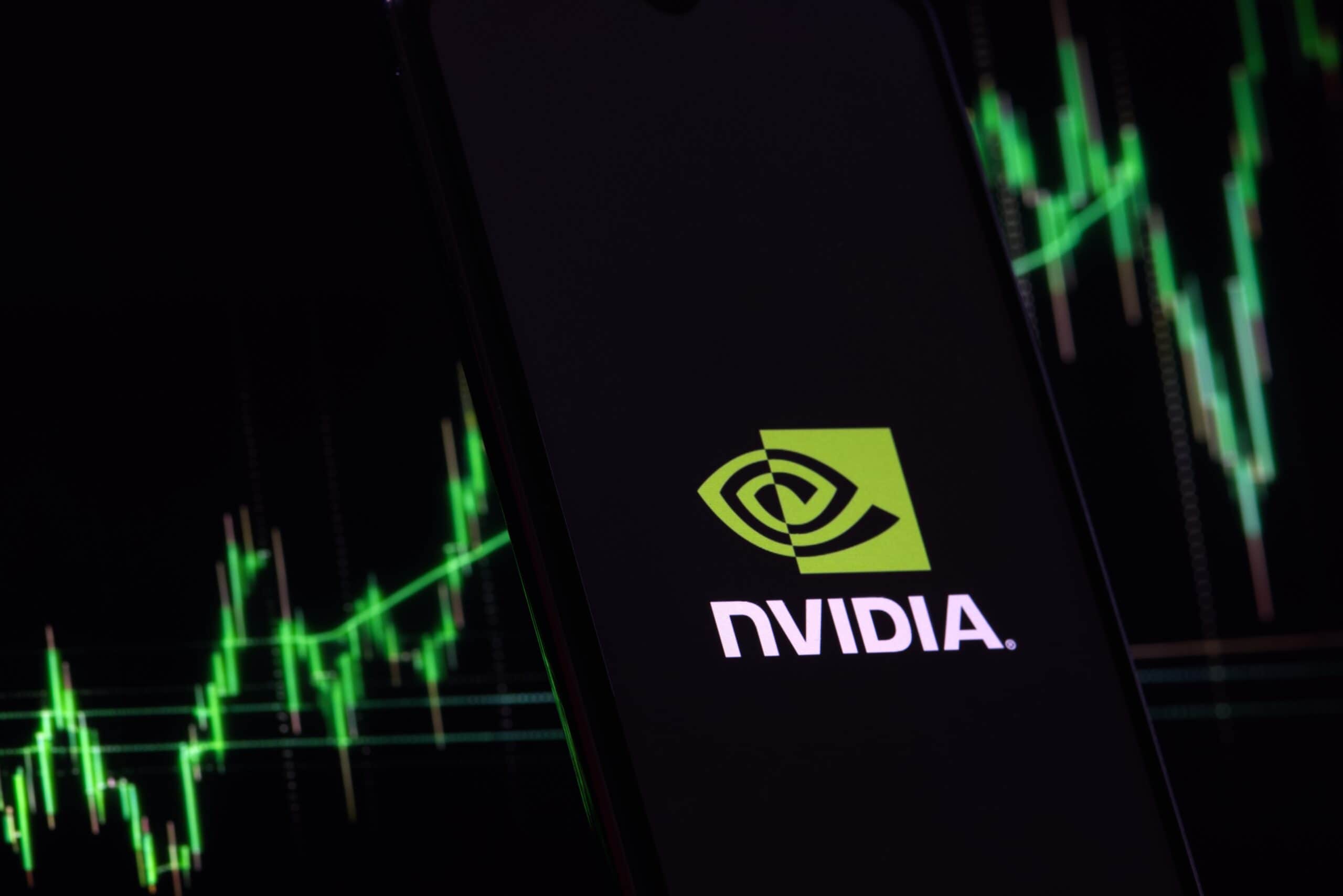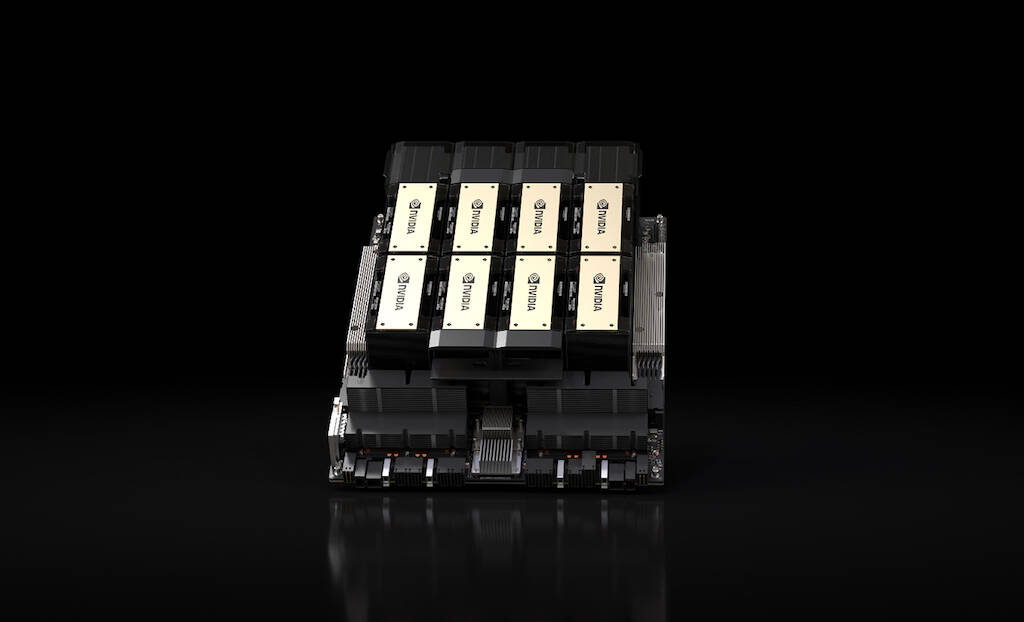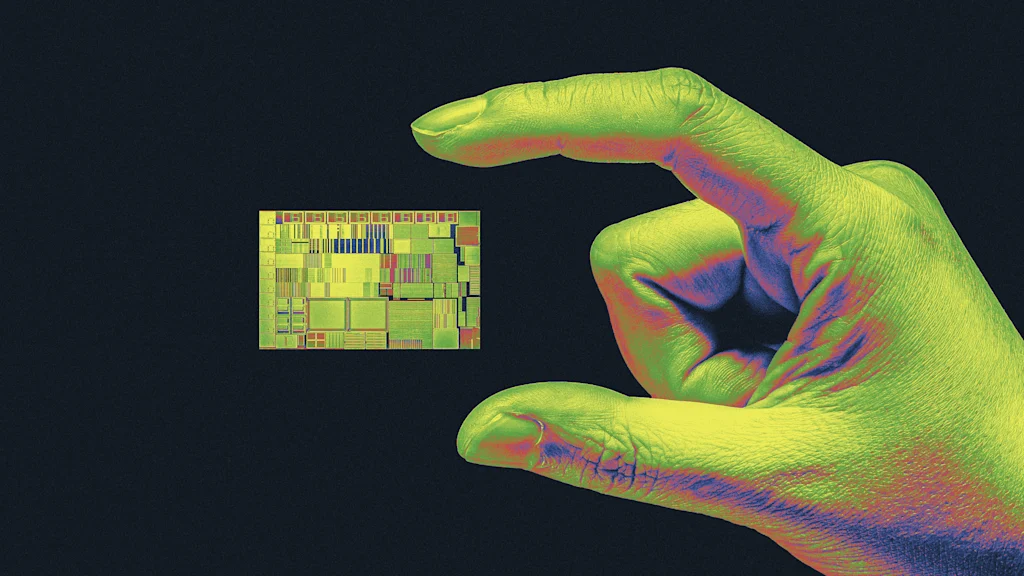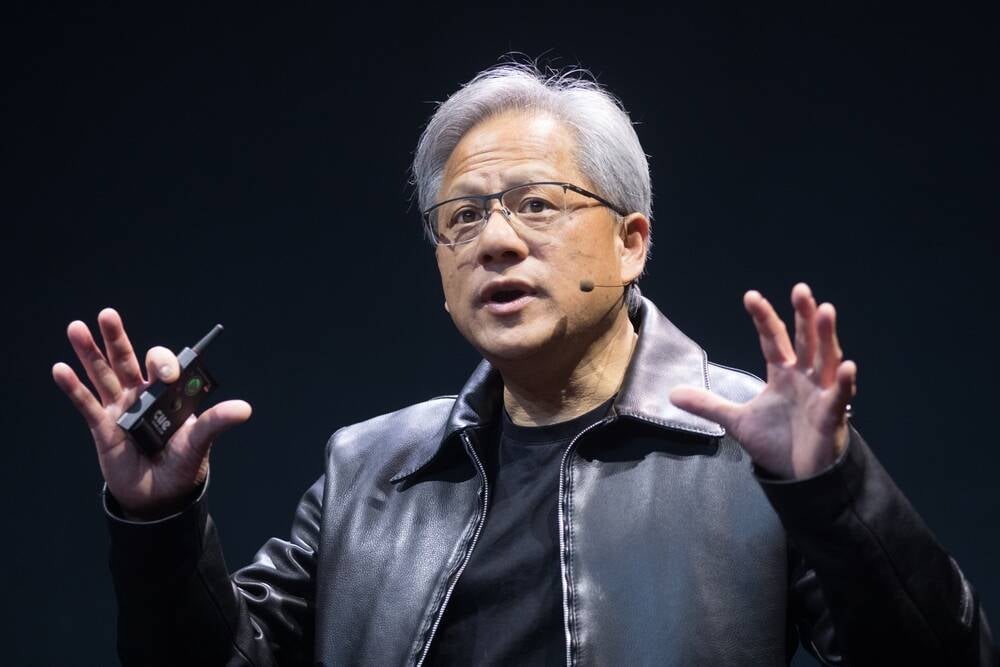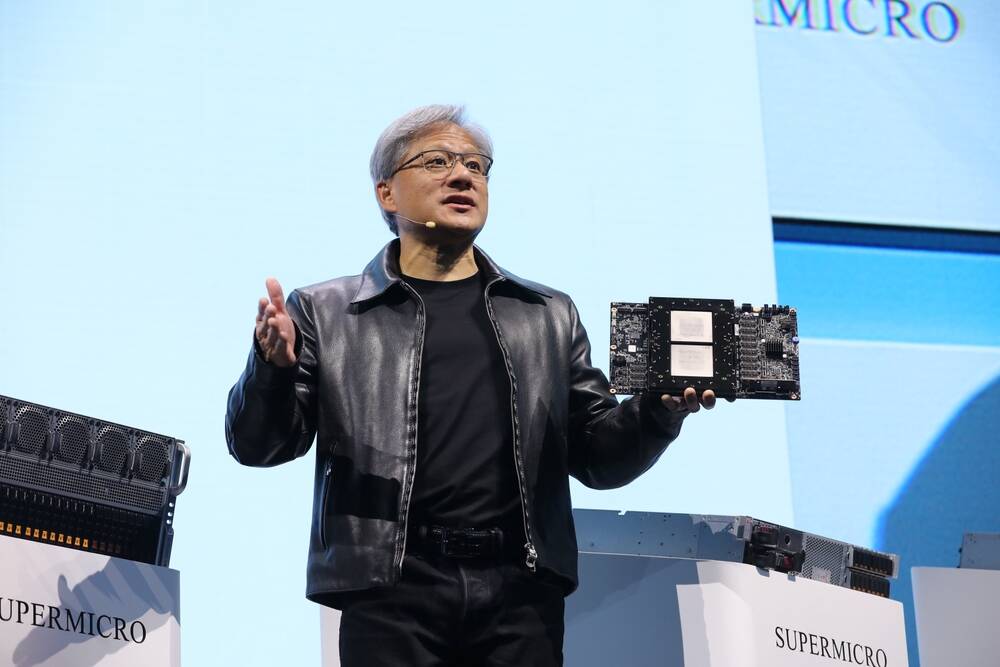#ai-accelerators
#ai-accelerators
[ follow ]
#nvidia #amd #data-center-revenue #data-center-growth #china-trade-war #broadcom #intel #export-controls #openai
from24/7 Wall St.
1 month ago5 AI Stocks That Could Replicate NVIDIA's Decade of Dominance
NVIDIA ( NASDAQ:NVDA) has delivered a 23,000% return over the past decade has become the benchmark every tech investor measures against. The company created the infrastructure that made modern AI possible. Now the question: which company pulls off the next NVIDIA-like run? We analyzed 15 AI-adjacent stocks across semiconductors, software, and quantum computing to find the five with the clearest path to impressive future returns thanks to massive growth in the decade ahead. Here's what separated the contenders from the pretenders.
Artificial intelligence
from24/7 Wall St.
2 months agoMarvell's (MRVL) Stock Pops After Q3 Earnings - Time to Buy?
Despite it still lagging behind peers like Intel (NASDAQ: INTC) and Broadcom (NASDAQ: AVGO), the company delivered guidance that exceeded Wall Street expectations, causing a notable post-earnings stock surge. During a recent episode of The AI Investor Podcast, Eric Bleeker and Austin Smith examined Marvell's role in custom accelerators, interconnects, and strategic acquisitions, which provide exposure to high-growth sectors like AI and data infrastructure.
Tech industry
Artificial intelligence
from24/7 Wall St.
4 months agoQualcomm Just Entered AI Chip Race. Can it Catch AMD and Nvidia?
Qualcomm is entering the AI accelerator market, challenging Nvidia and AMD and potentially unlocking significant profits and share gains despite current sub-20x trailing P/E valuation.
fromTheregister
4 months agoOpenAI turns to Broadcom for 10GW of custom accelerators
By designing its own chips and systems, OpenAI can embed what it's learned from developing frontier models and products directly into the hardware, unlocking new levels of capability and intelligence. The racks will be "scaled entirely with Ethernet and other connectivity solutions from Broadcom... with deployments across OpenAI's facilities and partner datacenters."
Artificial intelligence
fromTheregister
4 months agoCerebras CEO explains why IPO was pulled
Just days after announcing a $1.1 billion Series G funding round, AI chip startup Cerebras Systems pulled its S-1 IPO filing without so much as an explanation. Amid growing concerns of an AI bubble, has Cerebras CEO Andrew Feldman gotten cold feet? Apparently not. Taking to LinkedIn on Sunday, Feldman apologized for the lack of transparency, and presumably any panic the decision might have caused. "On Friday, Cerebras Systems withdrew our S-1. We didn't explain why - that was a mistake," he wrote, adding that he still has every intention of taking the company public.
Artificial intelligence
fromTheregister
5 months agoHuawei lays out multi-year AI accelerator roadmap
First off the rank, in the first quarter of 2026, will be the Ascend 950PR which, according to slideware shown at the conference, will boast one petaflop performance with the 8-bit floating-point (FP8) computation units used for many AI inferencing workloads. The chip will also include 2 TB/s interconnect bandwidth and 128GB of 1.6 TB/s memory. In 2026's final quarter Huawei plans to deliver the 950DT, which will be capable of two petaflops of FP4 performance thanks to the inclusion of 144GB of 4 TB/s memory.
Artificial intelligence
[ Load more ]




